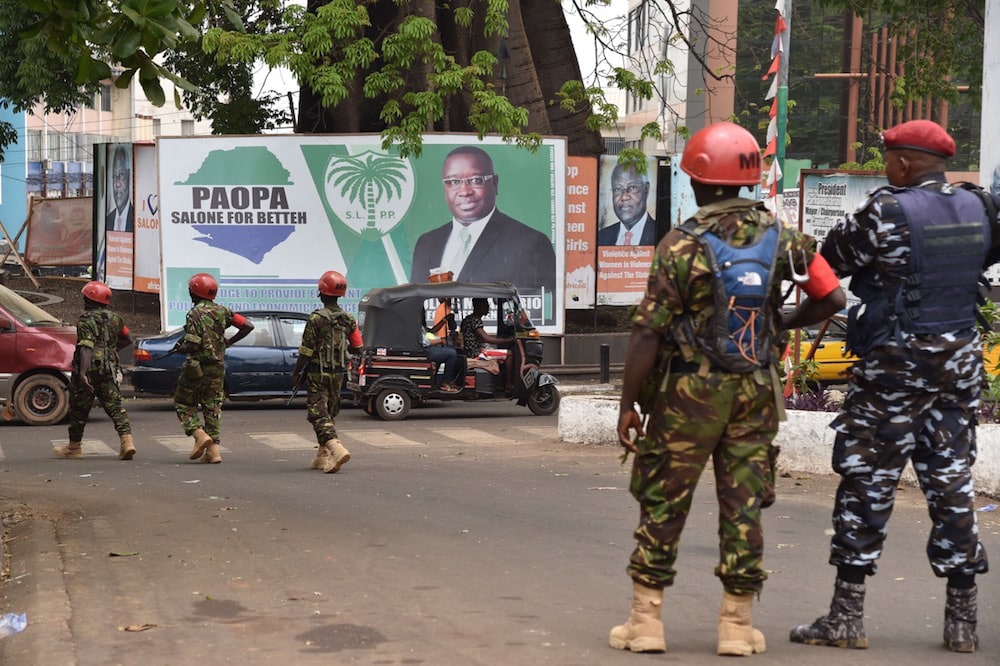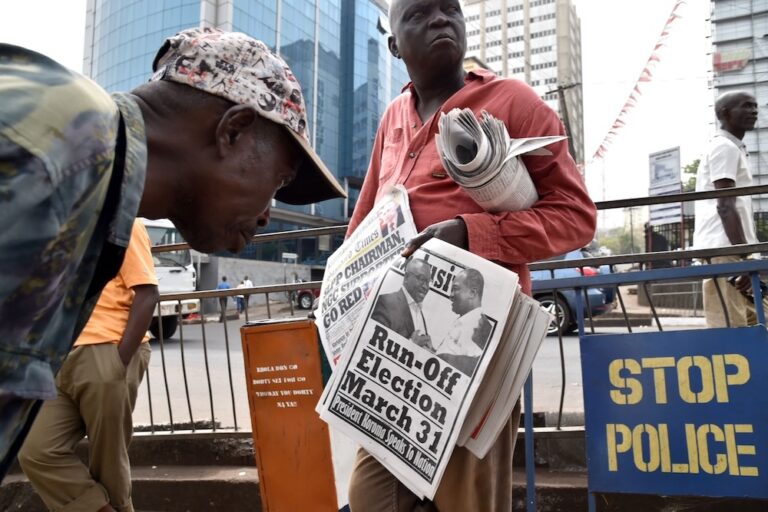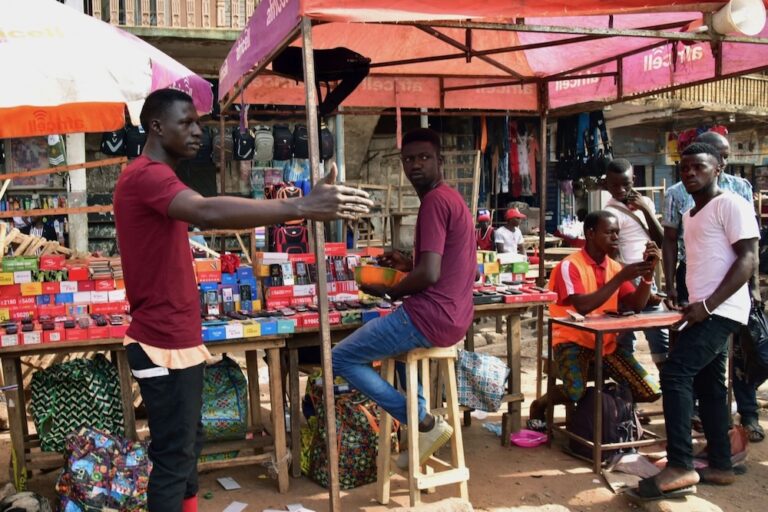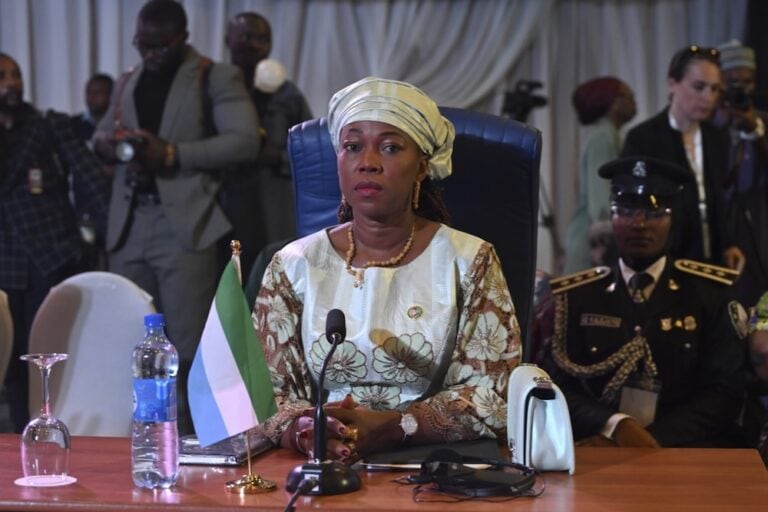The journalist has been charged for sharing what has been termed "insulting" and "scurrilous" information about Sierra Leone's assistant inspector-general of police on social media platforms.
This statement was originally published on cpj.org on 18 December 2020.
Sierra Leone authorities should immediately drop all charges against journalist Mahmud Tim Kargbo and allow him to work freely, the Committee to Protect Journalists said today.
On December 4, a magistrate court in the capital, Freetown, charged Kargbo with sharing “insulting” and “scurrilous” information via Facebook and WhatsApp about the country’s assistant inspector-general of police, which allegedly caused the official’s “annoyance,” according to Kargbo, who spoke to CPJ in a phone interview, and a copy of the charge sheet, which CPJ reviewed. Authorities held Kargbo in the Pademba Road Prison for about two hours after he was arraigned on those charges and then released him on bail, he said.
Kargbo works as a freelance journalist, and publishes reporting about local political issues and the police on his personal Facebook account, and also shares that reporting on WhatsApp, he told CPJ.
If convicted under Section 3 of Sierra Leone’s Public Order Act, which criminalizes obscenity, threats, and other actions proven to have the “intent to insult or annoy,” Kargbo could face up to three months in prison and a fine of 20 Leones (US$0.002).
“Authorities in Sierra Leone should immediately drop all charges filed in the case of journalist Mahmud Tim Kargbo, and ensure he can work free from judicial harassment,” said Angela Quintal, CPJ’s Africa program coordinator, in Durban, South Africa. “Sierra Leone’s criminal laws, including the recently amended Public Order Act, clearly need further revision to ensure that journalists do not face jail time for their work.”
The charges stem from a post on Kargbo’s Facebook page about alleged fraud and abuse of power by Patrick A. T. Johnson, the country’s assistant police inspector-general, according to Kargbo, news reports, and the charge sheet.
Kargbo received a summons relating to the case on November 30; he was arraigned in court when he responded to that summons on December 4, according to the journalist, those reports, and a copy of the summons, which CPJ reviewed.
Kargbo told CPJ that he was granted bail on December 4 after two people vouched on his behalf and showed that they were residents of Freetown, had worked with established government institutions, and each possessed at least 20 million Leones ($1,978.30).
Kargbo said he appeared in court again on December 9 and 14, and that the next hearing in his case was expected in early 2021.
CPJ called Johnson for comment, but he did not answer.
Deputy Attorney General Umaru Koroma told CPJ by messaging app that his office was aware of Kargbo’s case and would address it. He added that citizens in Sierra Leone were allowed to bring criminal cases against fellow citizens for alleged crimes, and said that this case “has nothing to do with” the repeal of Part 5 of the Public Order Act, which criminalized publications deemed libelous or seditious.
In October, Sierra Leone revised its Public Order Act to remove Part 5, as CPJ documented at the time.



